Palestinian Bedouins in the E-1 Corridor: A Critique of Donor Aid
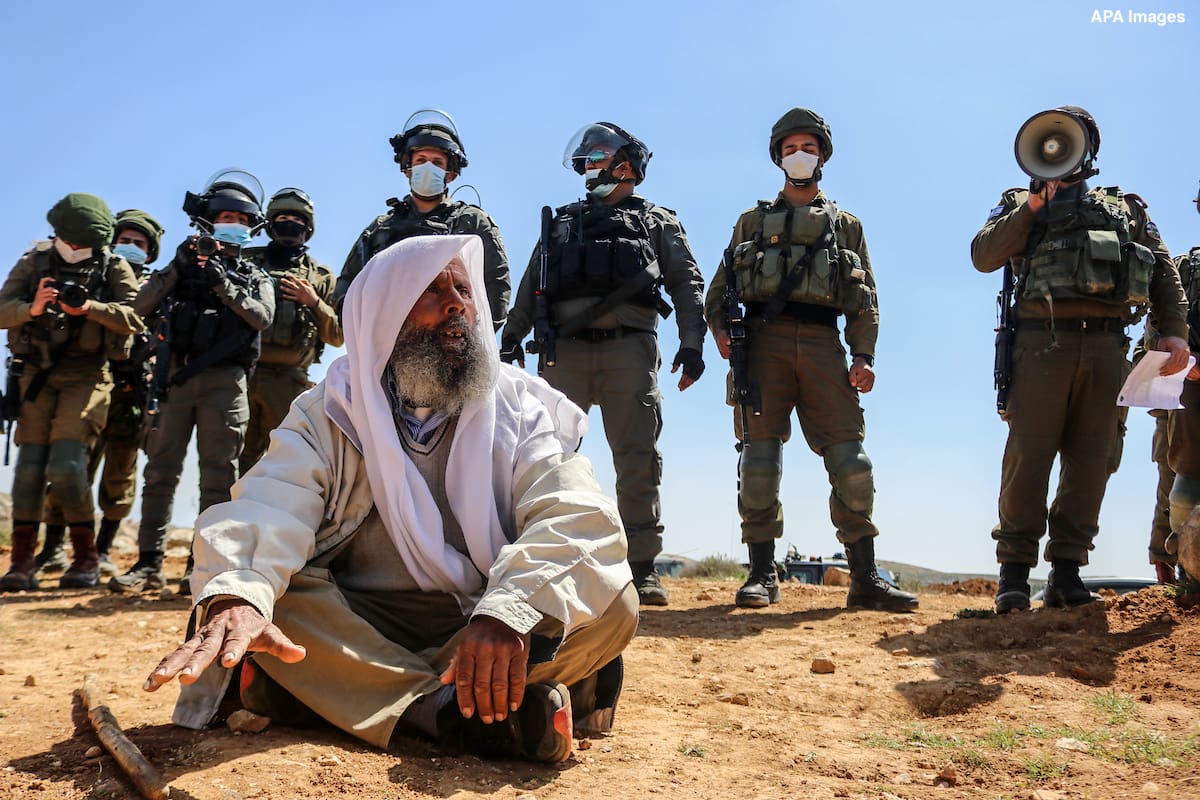
Donor aid has failed to protect Palestinian Bedouin communities in the E-1 corridor from the Israeli regime’s oppressive policies. Al-Shabaka policy analyst 24571 and guest author 24524 show how aid programs in E-1 actually entrench Israeli apartheid. They offer recommendations to donor states, Palestinian civil society organizations, and national stakeholders for how to secure the rights of these communities.
A Palestinian Response to Global and Regional Trends
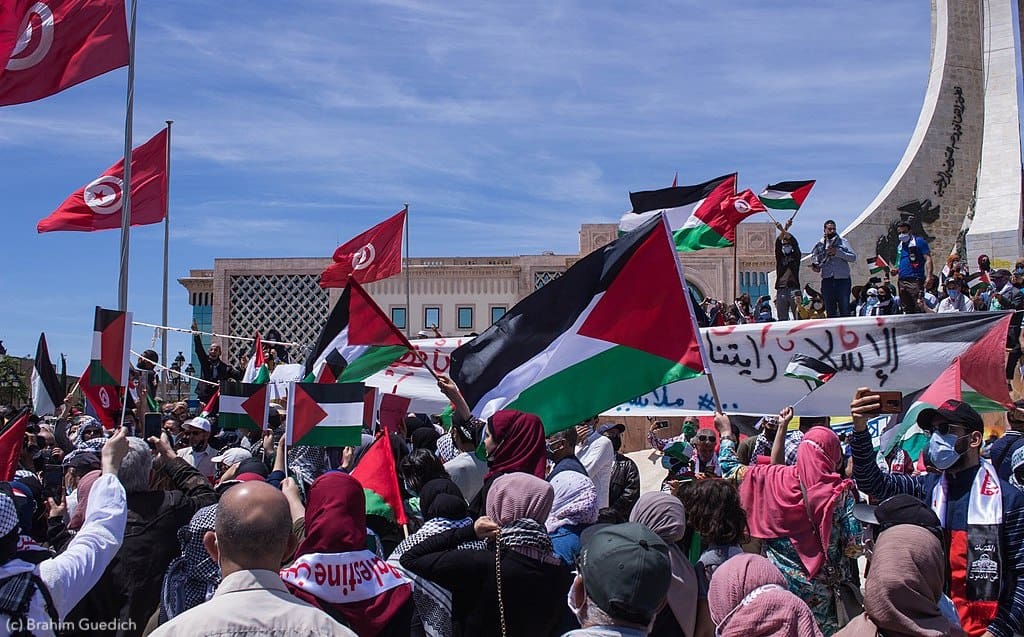
From popular uprisings and repressive security regimes, to normalization agreements between Israel and Arab states, global and regional developments over the past decade have dramatically impacted the Middle East and North Africa. What are the implications of these trends on the Palestinian struggle for liberation? In this commentary, Al-Shabaka’s board president, Tareq Baconi, investigates this question and more.
Resisting Palestinian Erasure in Jerusalem with Jalal Abukhater
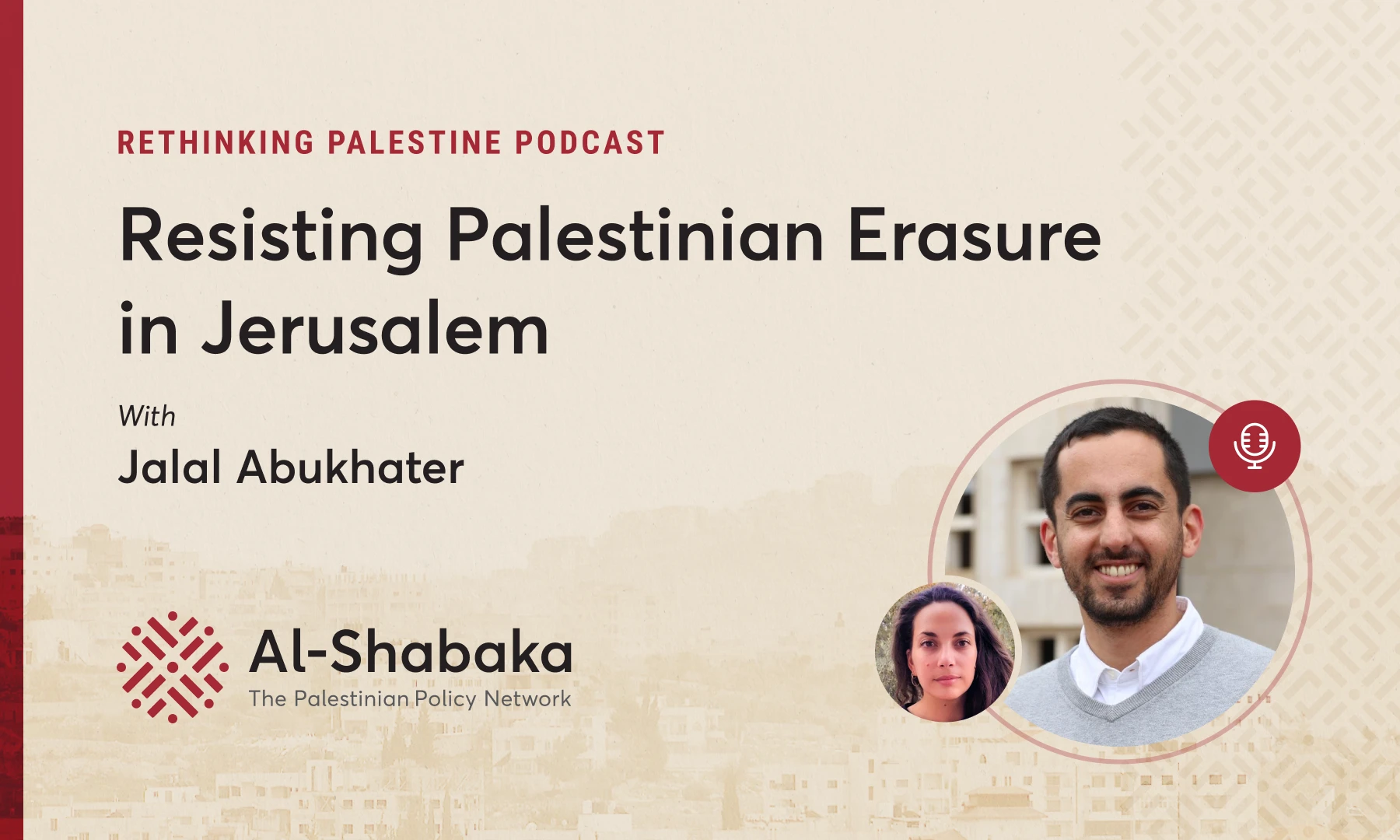
The transcript below has been lightly edited for brevity and clarity. Jalal Abukhater 0:00 They want us to feel like we are diminishing in existence in Jerusalem. Our flag is almost banned at every occasion in Jerusalem. Saying you are Palestinian is akin to becoming a criminal. Sometimes, if you express Palestinian identity, they suppress […]
Criminalizing Palestine Solidarity Activism in the UK
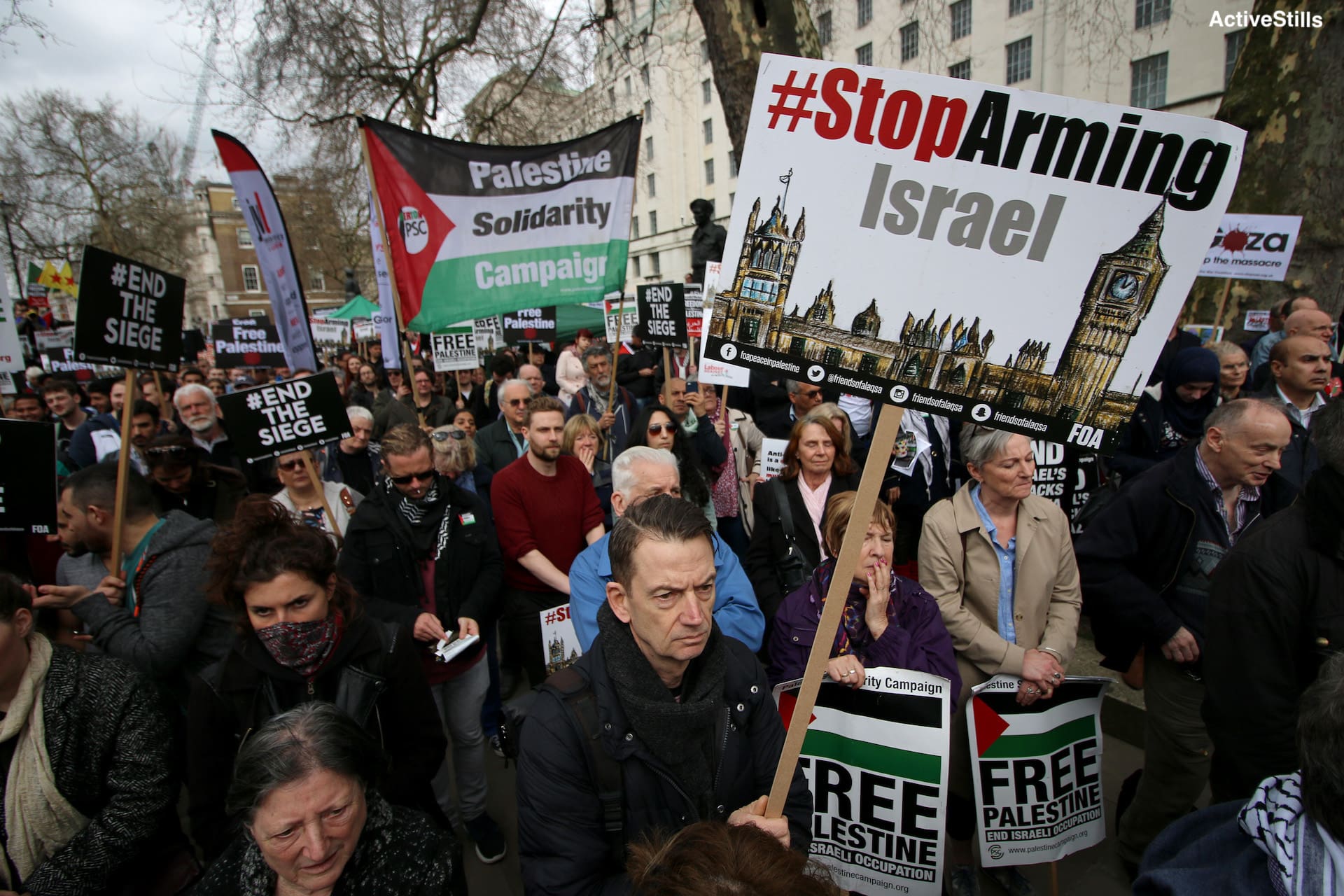
A new wave of repressive UK government policies aims to suppress protest and political expression, posing a direct threat to Palestine solidarity work. Al-Shabaka’s senior policy analyst, 24588, locates this latest crackdown within Britain’s enduring support for Zionism, and shows how only in broad, intersectional alliances can social justice activists effectively repel state-led repression.
Three Threads of the Movement for Palestinian Liberation
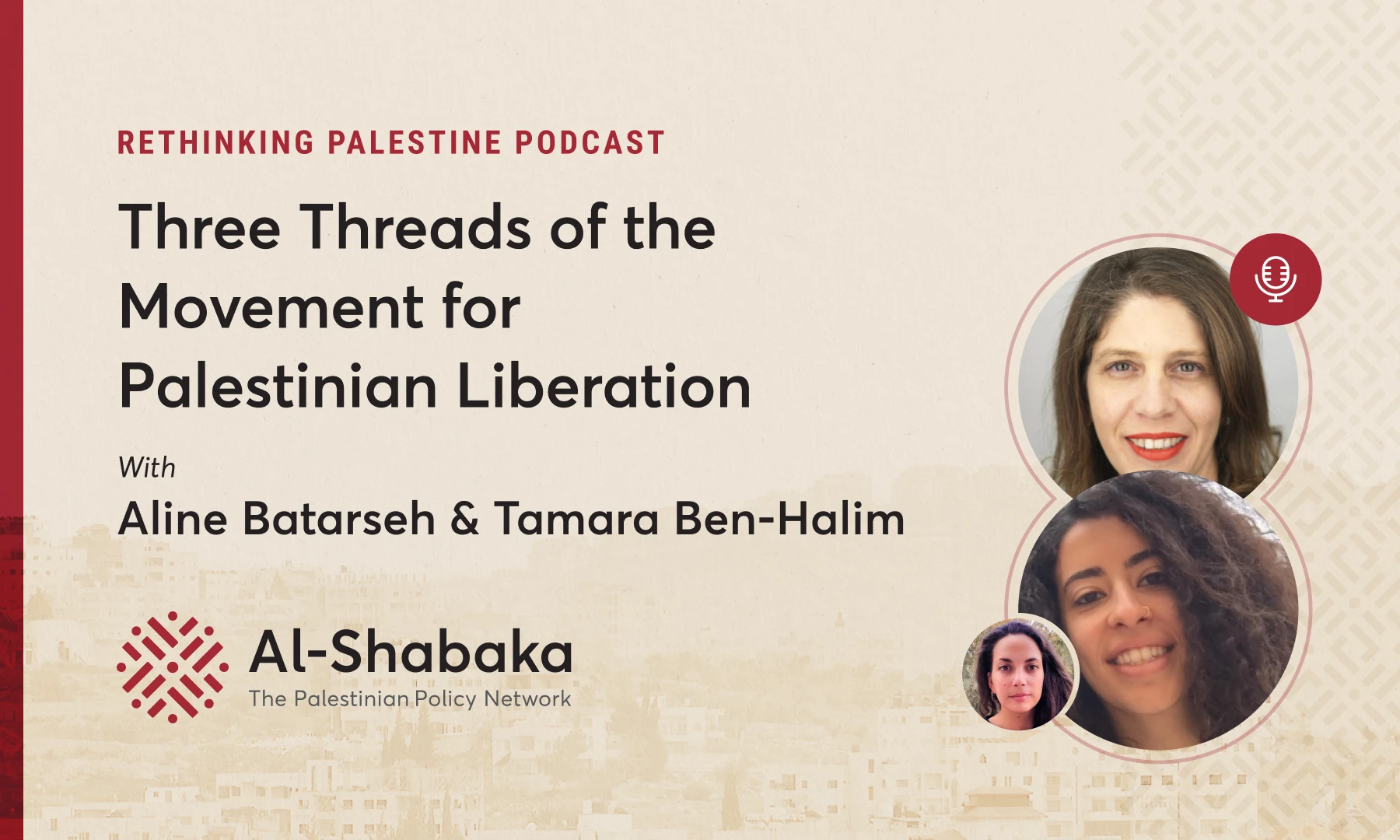
The transcript below has been lightly edited for brevity and clarity. Yara Hawari 0:00 I think we should take inspiration from the Palestinian street. We can also do that within Palestinian civil society and Palestinian organizational spaces. It’s about fostering an environment of like-minded organizations that work together, that have clear politics and obvious red […]
Cryptocurrencies and Palestinian Resistance: An Al-Shabaka Debate
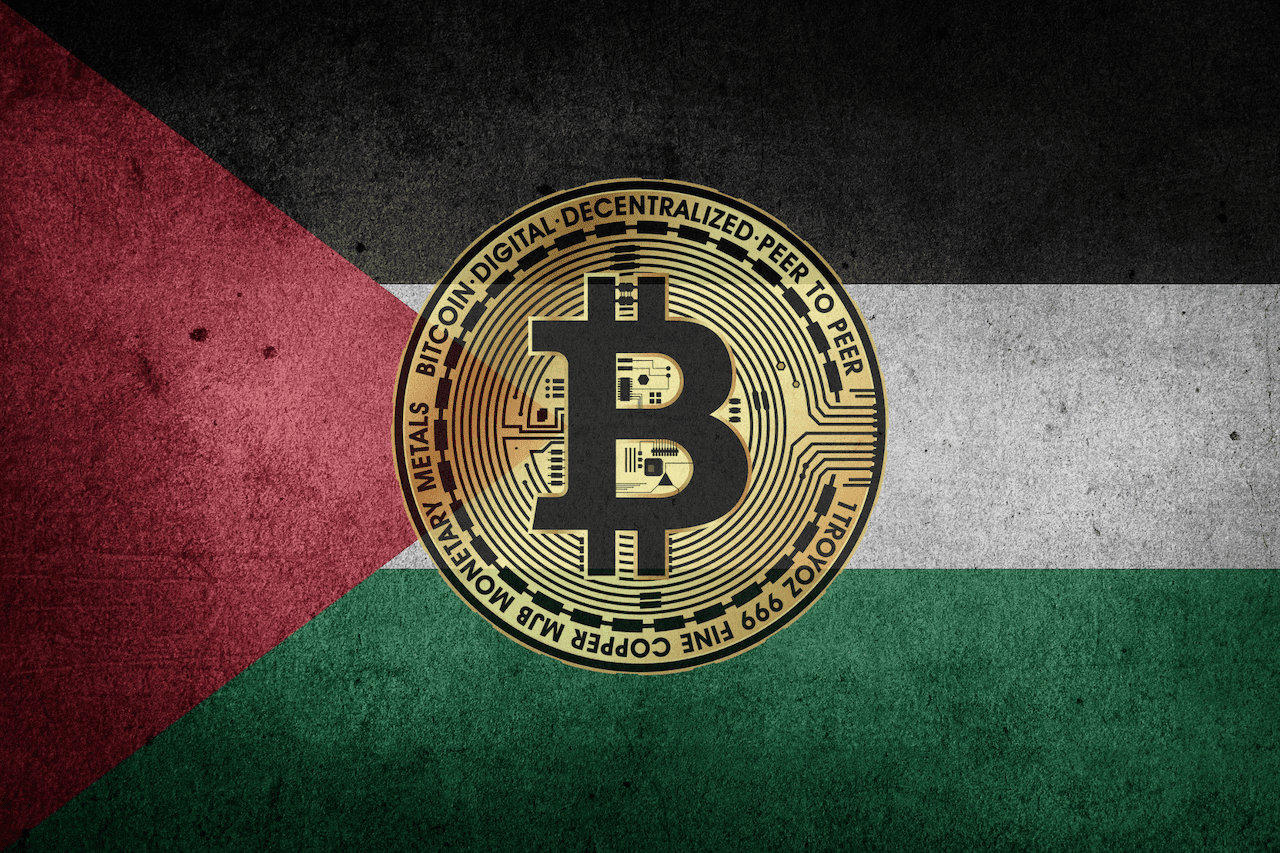
The recent cryptocurrency crash raises doubts about its viability as an alternative to standard currencies. But are there aspects of the global phenomenon that are still useful for Palestinian economic and political resistance? Al-Shabaka policy analysts Tariq Dana and Ibrahim Shikaki debate the potential of digital and cryptocurrencies and outline technological opportunities for the Palestinian economy.
Assessing Palestine’s Future: Economy, Security, and Beyond
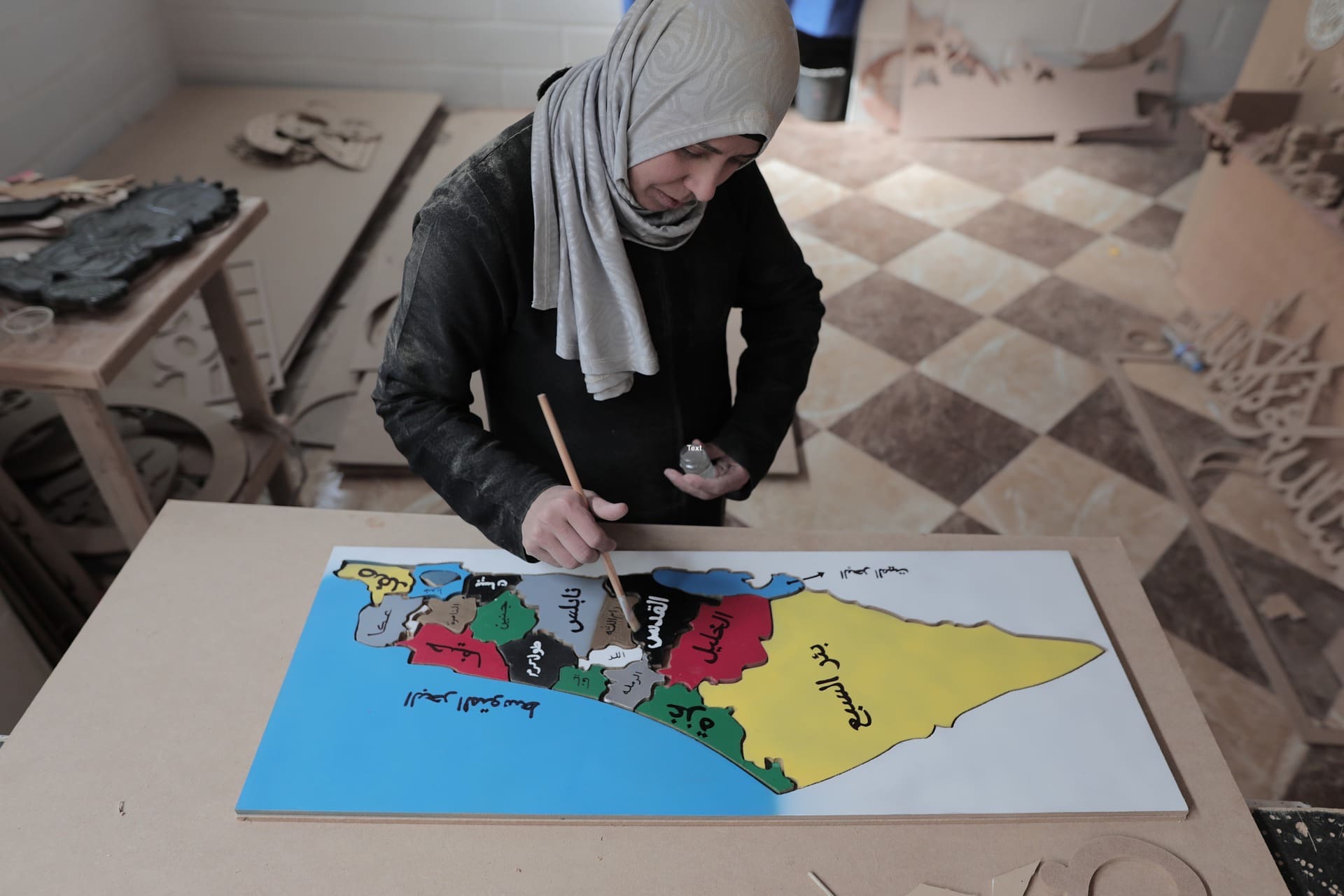
What does Palestine’s future look like, and how would different political scenarios affect various sectors of Palestinian society?
Palestine Beyond Partition and the Nation-State
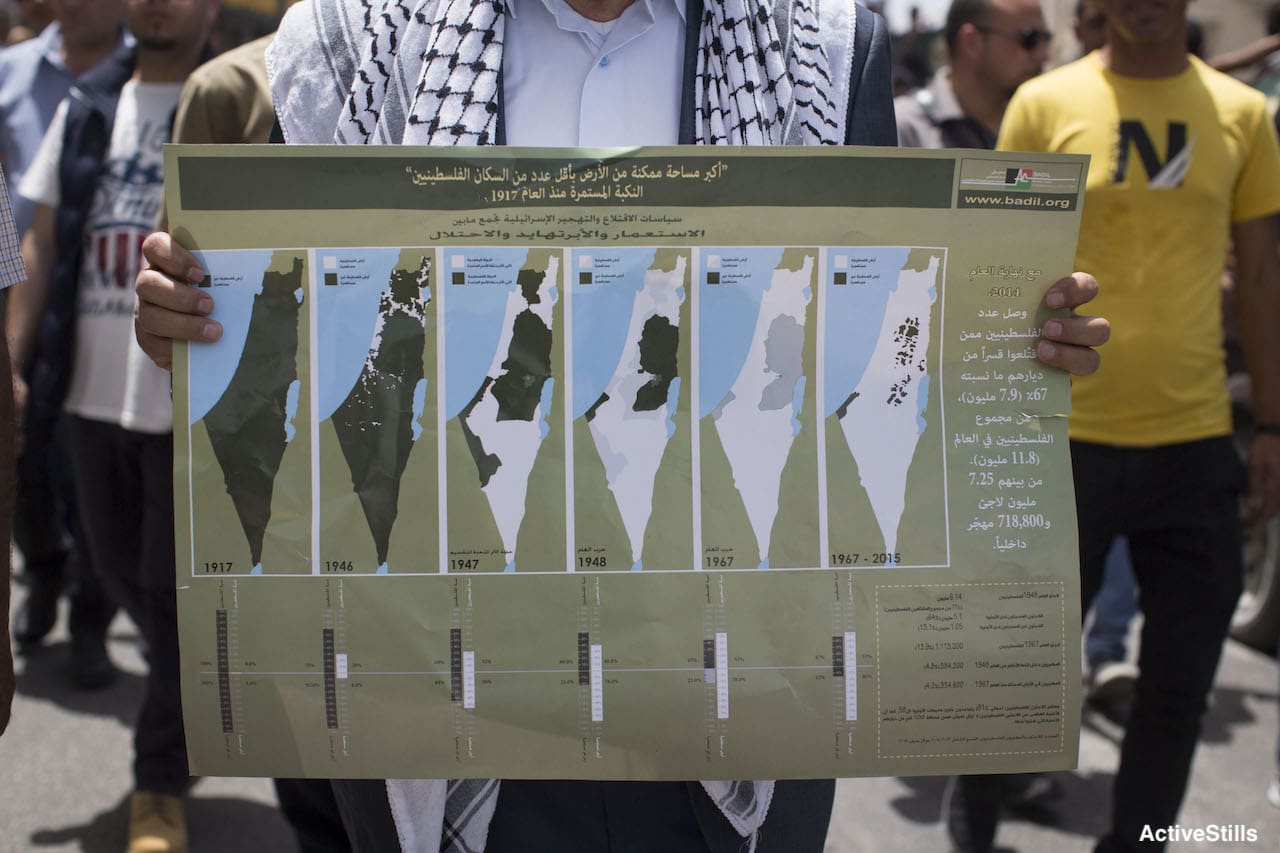
What does Palestinian statehood beyond partition and the nation-state framework look like? Which alternatives exist and what are the challenges they might present? Al-Shabaka sits with policy analyst Leila Farsakh to discuss these questions and more, following the publication of her new edited volume, Rethinking Statehood in Palestine: Self-Determination and Decolonization Beyond Partition.
Focus On: Jerusalem Revisited
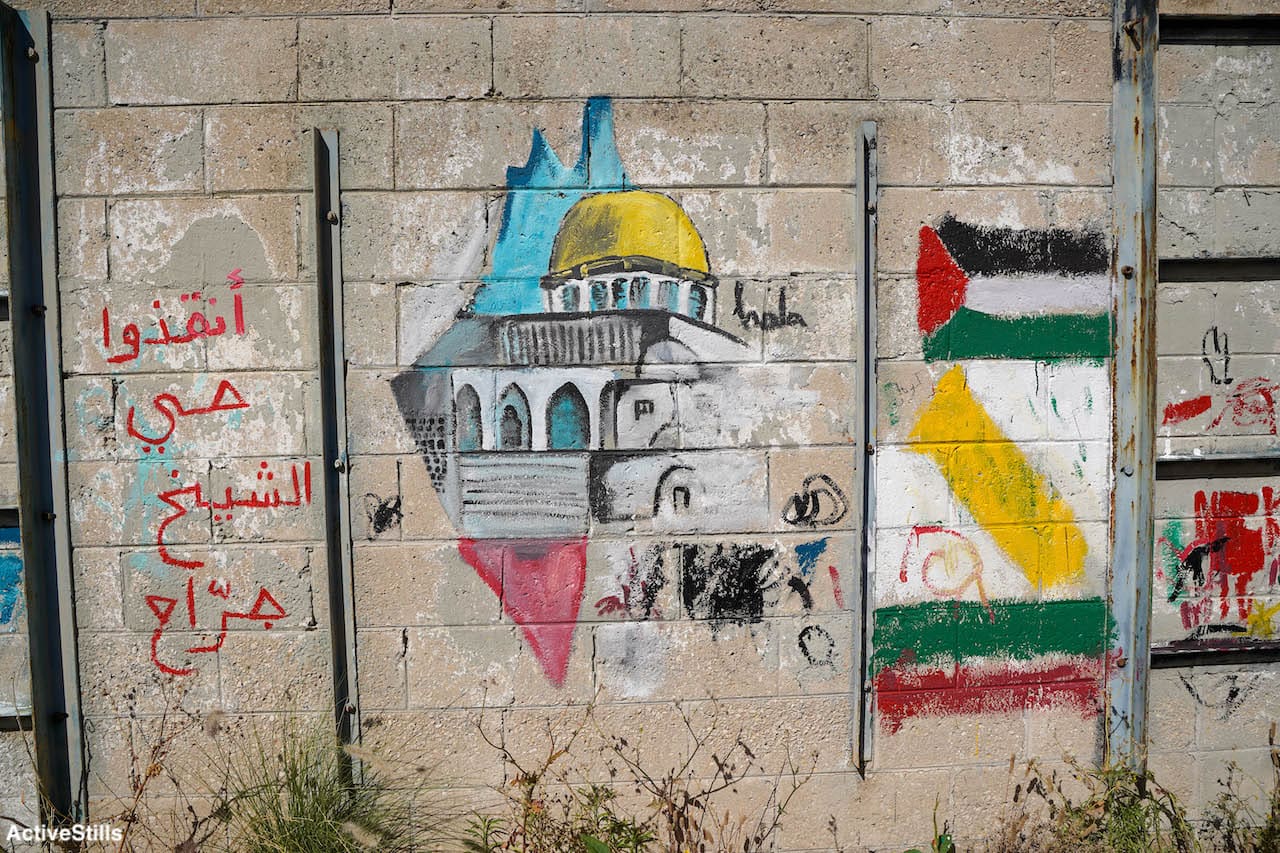
Jerusalem is increasingly at the center of developments across colonized Palestine. Indeed, from forced expulsions to attacks on worshipers, the Israeli regime is determined to de-Palestinianize the city. In light of Israel’s ongoing ethnic cleansing campaign and Palestinian Jerusalemites’ resistance to it, Al-Shabaka revisits the topic of Jerusalem with a new selection of publications from our analysts.









